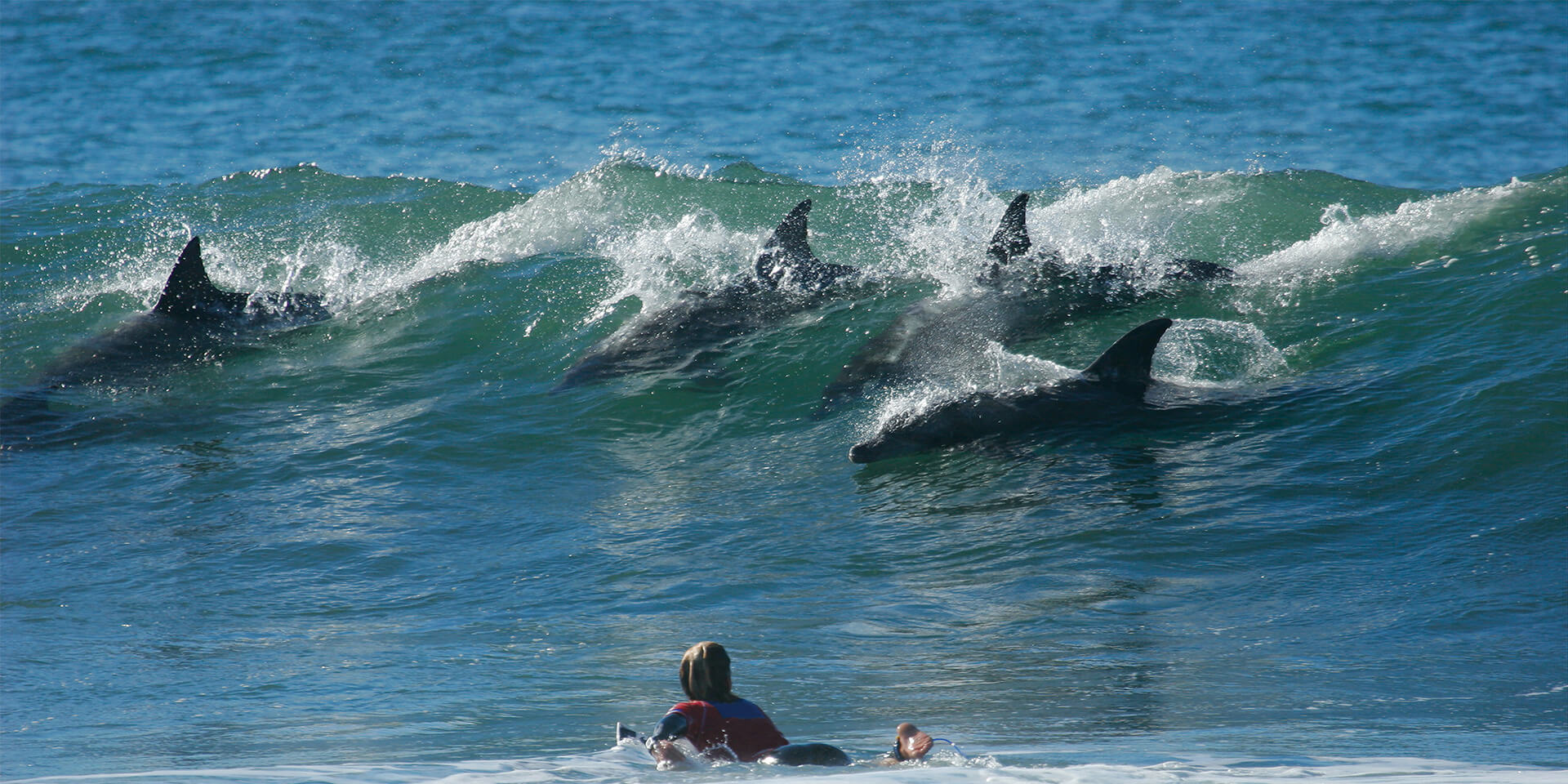Current Funding Opportunities
Fiscal Year 2026 Grants
DEADLINES
Fiscal Year 2026 Request for Proposals
Pre-proposal submission : Friday, January 16th 2026 11:59pm EST
Invitation to submit full proposal: sent via email by February 16th 2026
Full proposal submission (invited applicants only): Friday, April 3rd 2026 11:59pm EDT
Award notification: sent via email by Friday, July 31st 2026
***Funding Request Limit: $75,000 USD ***
Availability of funds to support projects is dependent on passage of the Commission’s Fiscal Year 2026 budget.
Advancing Technologies and Methods to Improve Marine Mammal Stock Assessments and Mitigate Impacts
1. Purpose
The Marine Mammal Commission invites proposals that develop or apply technologies, tools, analytical methods, and community-based approaches that contribute to:
- Understanding of the status of marine mammal stocks; and/or
- Mitigation or better characterization of human-caused impacts.
2. Background & Rationale
The mission of the Marine Mammal Commission is to further the goals of the Marine Mammal Protection Act (MMPA), 16 U.S.C. § 1361 et seq., which include restoring and maintaining marine mammal populations as functioning elements of healthy marine ecosystems. Section 117 mandates science-based stock assessments that rely on estimates of minimum population size (Nmin), human-caused mortality and serious injury (M/SI), and certain population parameters. Many stocks are inadequately characterized; emerging technologies and analytical approaches, such as satellite and UAS platforms, environmental DNA, and AI-based image or sound processing, as well as community-based science, offer opportunities to improve stock assessment and threat mitigation.
The Commission’s 2025 Annual Meeting highlighted three interconnected priorities for advancing technologies and methods to improve marine mammal stock assessments: 1) data collection, 2) data integration and analysis, and 3) application of new tools and technologies to address assessment and conservation challenges. The Commission is seeking project proposals that advance these priorities and provide clear pathways to better understand population status or to reduce threats. Proposals for projects that demonstrate measurable conservation benefits are especially welcome.
3. Priority Topic Areas
Applicants may propose projects under one or both of the following topic areas focused on the development and application of new technologies and approaches to improve understanding of the status of marine mammal stocks and to mitigate or better characterize stressors:
A. Improving Stock Assessments
Projects should improve estimation of key elements of marine mammal stock assessments. Approaches may include the development of new technologies, innovative applications of existing methods, new analytical approaches, or community-based science.
B. Mitigating Stressors
Projects should either (a) develop, adapt, or apply tools, methods, or practices that reduce human-caused mortality and serious injury, or (b) support the development of forecasting tools to anticipate and manage conservation challenges associated with environmental change, human activities, or the combined effects of both. Proposals should demonstrate potential for measurable individual and population-level benefits and have clear conservation value. Project products should be designed for integration with marine mammal management mechanisms, including but not limited to stock assessments, take reduction plans, ESA consultations, or implementation of risk-reduction measures.
Eligibility
Eligible applicants include:
- U.S.-based organizations and individuals, including academic institutions, non-profit organizations, for-profit entities, Tribal organizations, Alaska Native Organizations and co-management bodies, and community groups;
- Federal agencies may participate as collaborators but are not eligible to receive funds directly;
- Non-U.S. individuals and organizations may apply if they can demonstrate that proposed projects have clear and substantial relevance to U.S. marine mammal stocks.
Proposal Requirements and Submission Process
Requirements
Information on pre-proposal and full proposal requirements is available on the proposal requirements page. Please review and follow the information carefully.
Submission Process
Pre-proposals can only be submitted using the following link:
https://mmc.app.box.com/f/94c3dee5ec8849b98f4ad6ec998fe19e
Pre-proposals submitted after the deadline, do not meet the requirements, or are submitted via email, will not be evaluated. Applicants invited to submit a full proposal will receive a separate link in their invitation.
Proposal Evaluation
Pre-proposals will be evaluated based on relevance to the current funding opportunity.
Full proposals will be evaluated with respect to: the importance or significance of the type of project proposed,1 its relevance to the current funding opportunity, priority topic areas, and the Commission’s mission and goals,2 the technical and resource adequacy of the proposal,3 and the likelihood that the project will achieve its stated objectives or outcomes. The project timeline and budget will be evaluated to ensure milestones are realistic for meeting project objectives and costs are reasonable for the work being proposed. Review and selection of applications will be based on a detailed evaluation of these criteria and recommendations for funding. Awards are subject to the availability of funds.
Potential applicants may contact Dee Allen, Scientific Program Officer by e-mail (RPO@mmc.gov) or telephone (301-504-0087) with any questions about pre-proposal requirements, the evaluation process, out-of-cycle funding, or suitability of a topic for Commission funding. The Commission will assign reviewers for invited full proposals based on their expertise and assurance that they have no conflict of interest with the proposed activities. The Commission will maintain the confidentiality of all proposals.
________________________________________________________________________
1For example, would such a project significantly advance critical scientific understanding, contribute to the development of an innovative method or technology, lead to groundbreaking policy ideas, or catalyze critical thinking through a meeting, workshop or symposium?
2Mission: Provide independent, science-based oversight of domestic and international policies and actions, thereby promoting effective implementation of the MMPA and its goals of protecting and conserving marine mammals and their habitat. Strategic Goal: Improve Population Assessment and Health Surveillance. Our goal is to improve the availability and quality of data, scientific assessments, and information necessary for marine mammal conservation and management programs, especially in the face of climate change.
3For example, are the elements described in the proposal (e.g., project plan, field and lab procedures, sample sizes, proposed statistical analyses, equipment, research platforms) internally consistent and are they sufficient to achieve the project’s goals, objectives, and outcomes?
